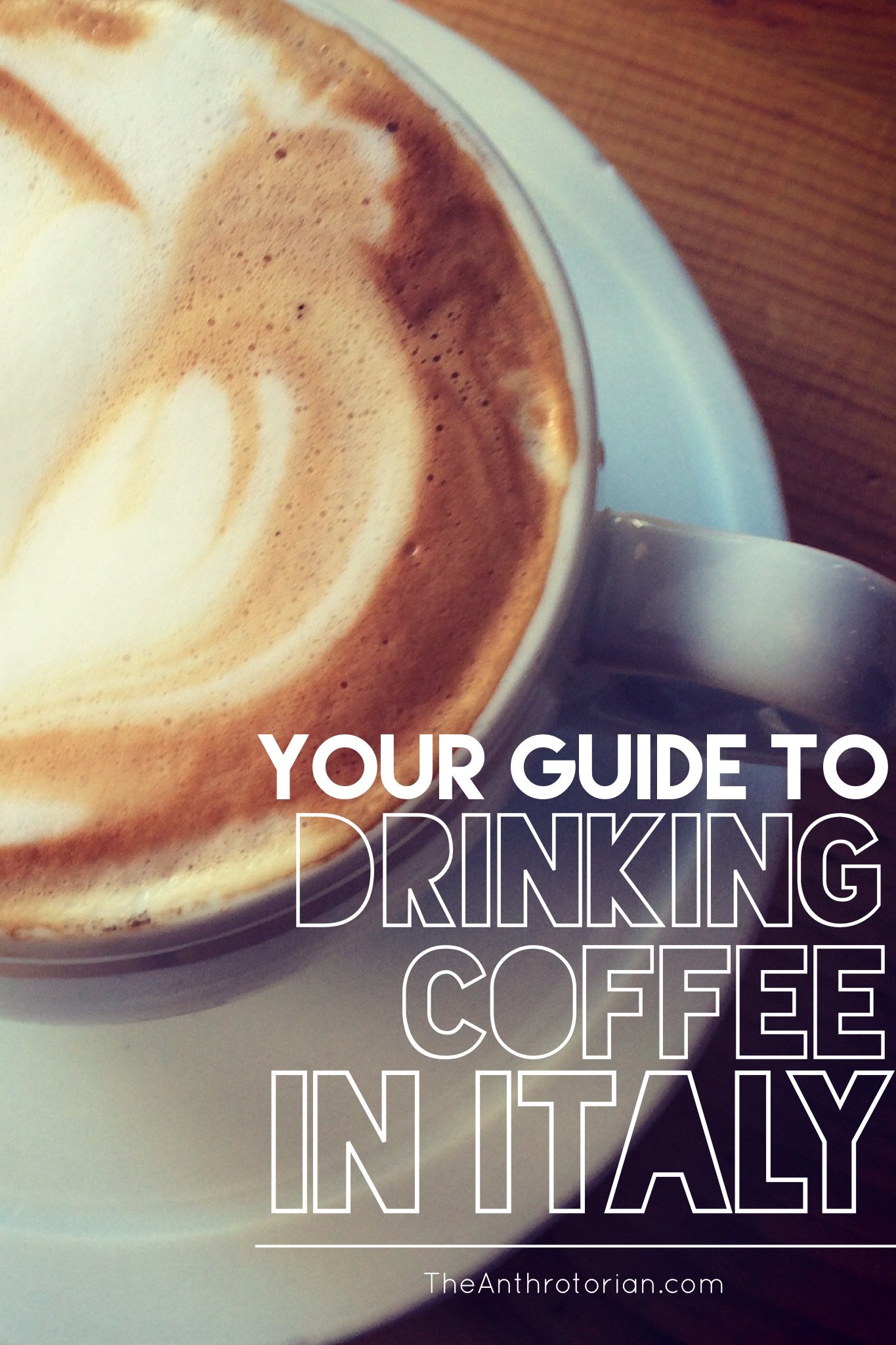An ariel view of the Benziger Family Winery in Glen Allen, California, USA
I was recently invited to an intimate dinner with special guest Mike Benziger, the founder of the Benziger Family Winery in California. Though he is now the head of an incredibly successful wine business, and a world-wide example of the farming philosophy Biodynamics (I'll get to that soon, don't worry!), Mike started his career in wine as a bagger in a local liquor shop in Sonoma.
He knew that he had a passion for the industry, but it wasn't until 1980 that he found the perfect plot to put down roots — a former marijuana plantation, the only land he and his wife could afford. After years of essentially sterilizing and killing the land in order to create the "perfect" conditions for grapevine growth, Mike decided that there had to be a better and healthier way.
So, in 1994, he started looking at Biodynamics. By 1996 he had converted his entire property, and in 2007 he received the first certification of being a 100% Biodynamic operation in the USA.
Mike Benziger giving a passionate presentation on the history of his winery and Biodynamics
Here are the basic concepts of Biodynamics:
Biodynamics is a holistic farming philosophy that involves preserving nature rather than trying to control it. In reality, it is basically like farming before the use of fertilizer and the creation of machines.
In order to receive the certification, the entire farm must be operating under the philosophy at all times — not just where the vines are growing.
There are absolutely no chemical fertilizers used on the plants. Compost created by cows, sheep, or other animals is what is used. These animals also reduce weeds and till the soil by walking through it.
Pesticides are not used. Pests are eliminated through the strategic planting of gardens amongst the vines that attract specific bugs away from the vines. Mike referred to these gardens as a "Bug Ally".
Biodynamic farms are growing in popularity in Burgundy, France, parts of Canada, and slowly in California, USA.
There is a fairly large start-up cost (it takes time for the chemically burnt soil to regain its nutrients), but once the farm is certified, it essentially runs itself. The up-front costs and long-term payoff (rather than quick money) is largely why there are few farms using this concept.
According to Mike, this holistic, self-regulating, closed system helps farmers to tap into the natural rhythm of the plant and the earth it is growing on; "the grapevine is the most sensitive plant on the planet. It has a perfect memory, and if you can get yourself in sync with it — speak the same language — that's when great wine really happens."
After trying his wine, I couldn't agree more.
We sampled five wines in total, and I highly recommend the 2009 Merlot, the 2009 Tribute (created for his parents), and the 2010 Chardonnay (I am not usually a wine drinker, but I liked the citrus flavors in this one).












